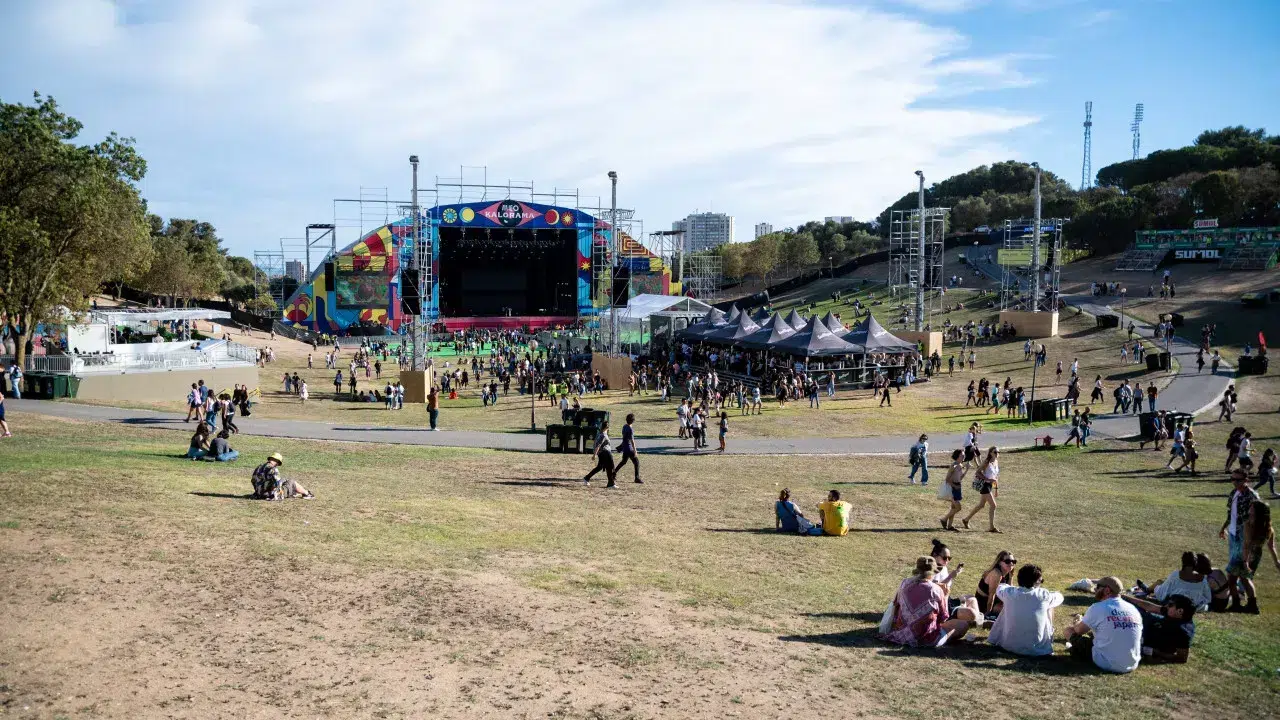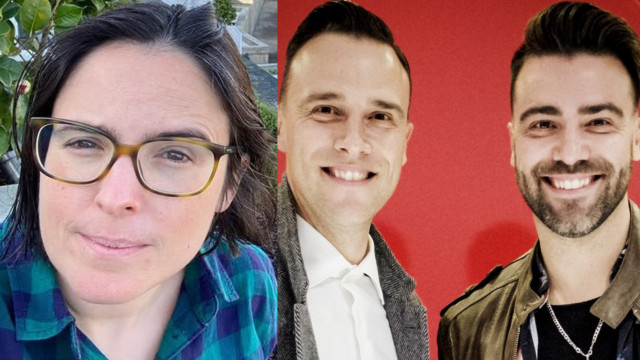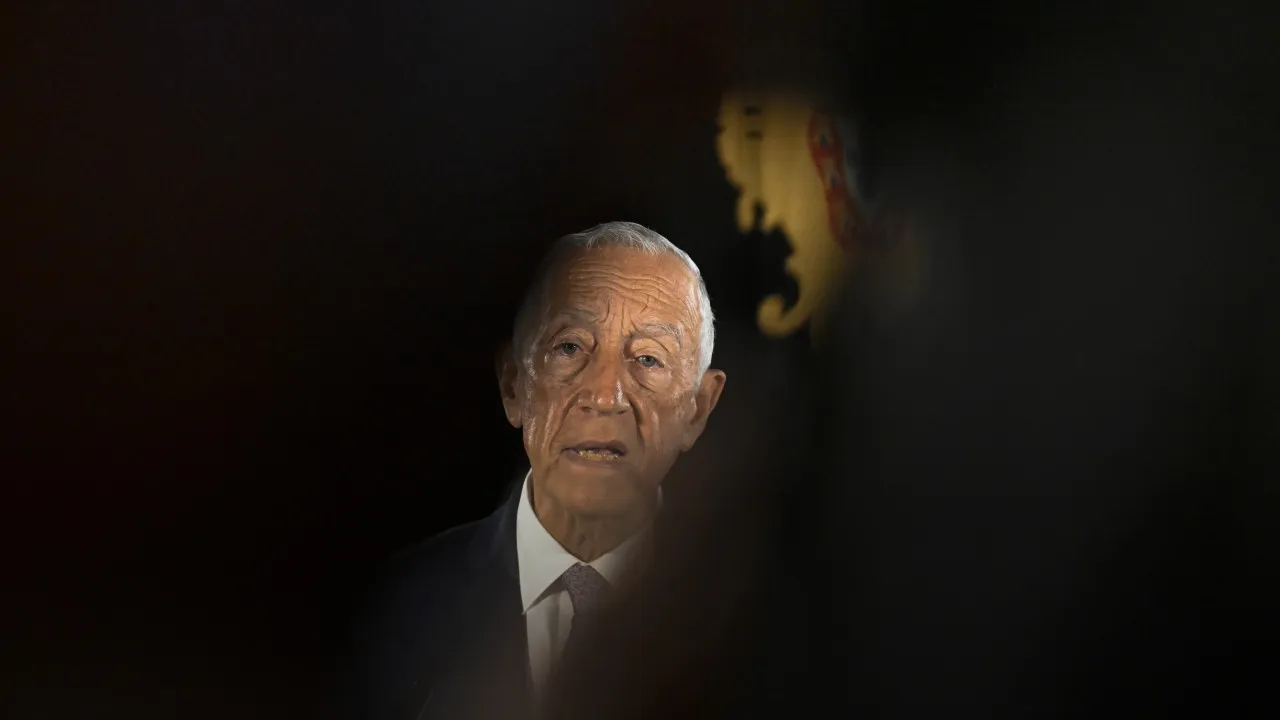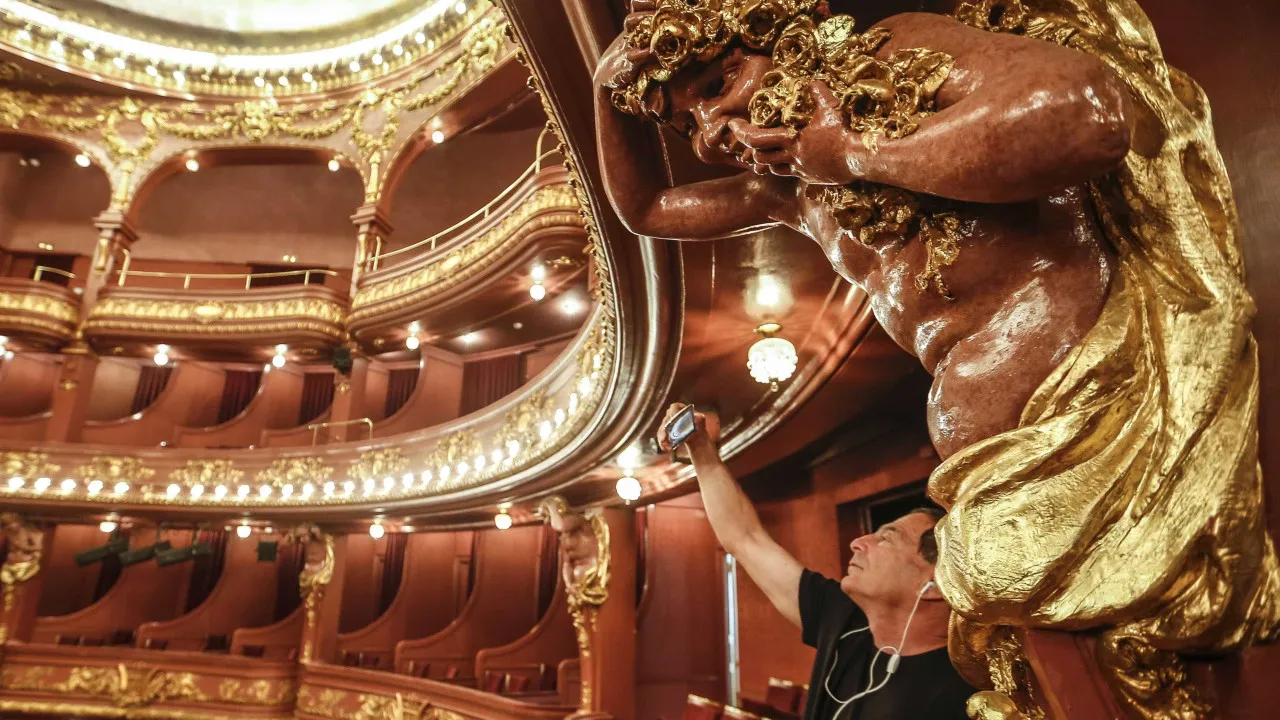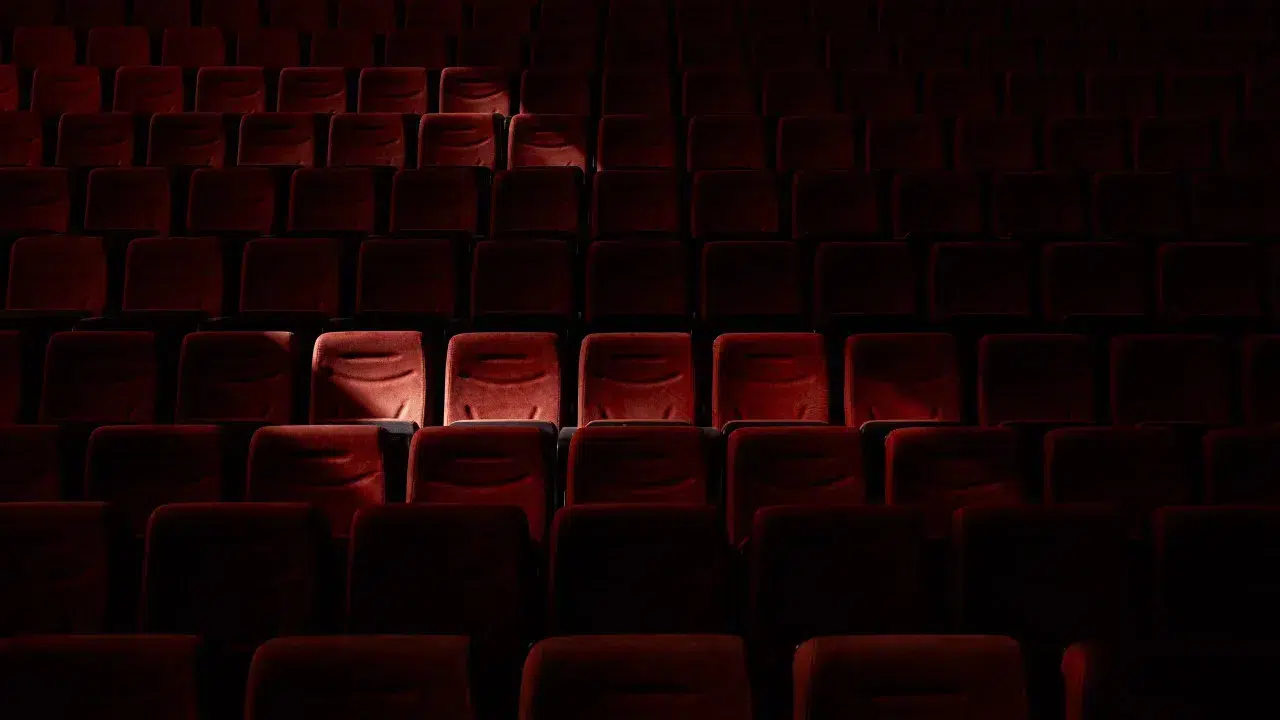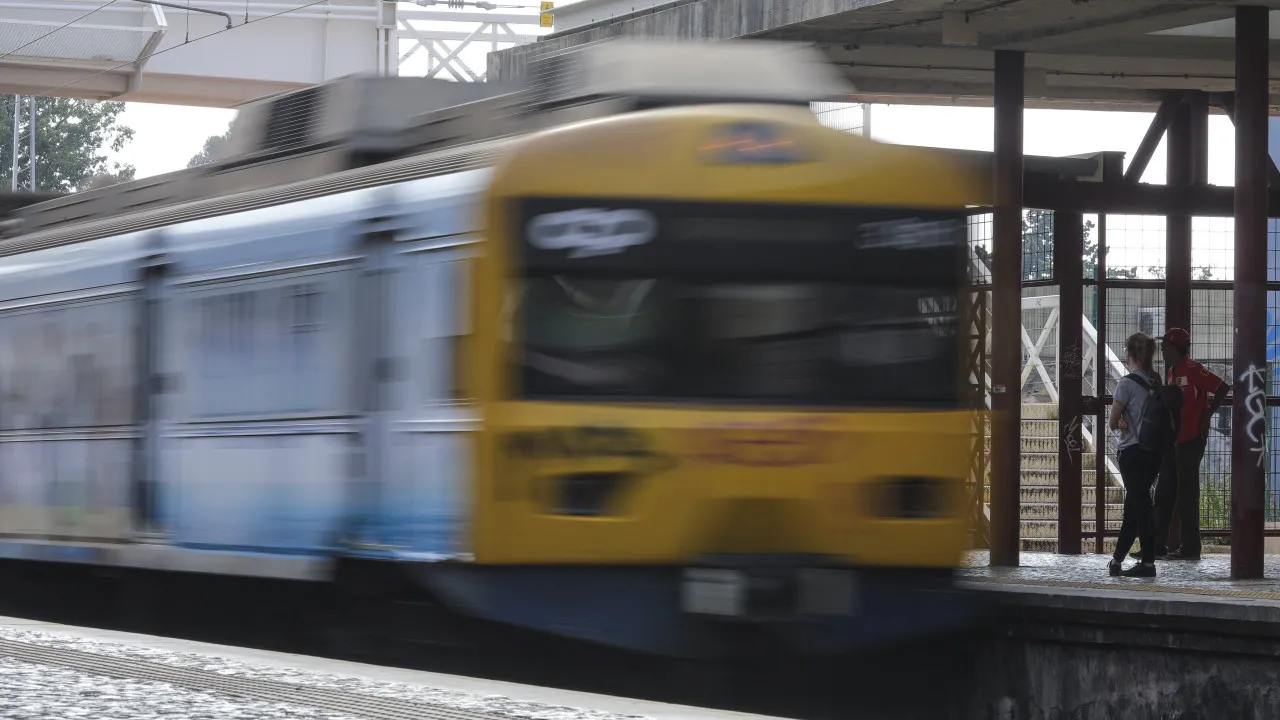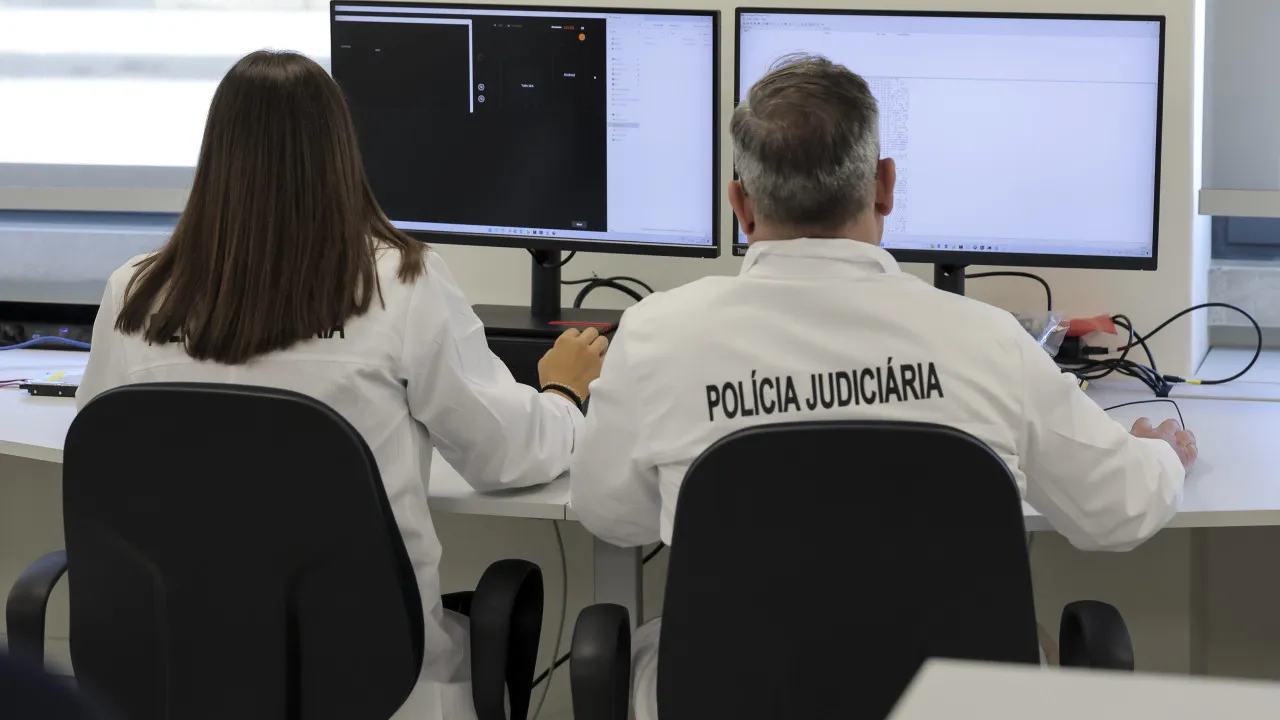The return to the stage of the director of Teatro da Trindade, Diogo Infante, and the director of Teatro Nacional São João, Nuno Cardoso, are among the highlights of the theatrical ‘rentrée’ in Portugal next month.
Two years later, Diogo Infante returns to the stage of the theater he directs in Lisbon with David Hare’s “Telhados de Vidro” (Glass Roofs), directed by Marco Martins, which opens on September 12 and runs until November 17.
The text is described as “a powerful and provocative contemporary drama about power, politics and passion”, which premiered in London in 1995 and “quickly became one of playwright David Hare’s most successful plays”.
Also at the Trindade, but in the Estúdio room, the play “Sombras” will premiere on September 18, with a text by Miguel Falcão and directed by Ana Nave.
At Teatro Carlos Alberto, in Porto, Nuno Cardoso stars in the monologue “Homens Hediondos”, based on a book by the American David Foster Wallace (1962-2008) and directed by Patrícia Portela.
Initially scheduled for June and rescheduled for September 11-14, the play uses Nuno Cardoso’s “metamorphic and chameleon-like abilities” to question: “Who are the ‘hideous men’? Ugly, disgusting, monstrous creatures? Or banal people with whom we relate every day, at work, in transport, in cafés, at home?”
September continues at the Carlos Alberto with the premiere of “RE: Antígona”, by André e. Teodósio and José Maria Vieira Mendes, the latest creation by Teatro Praga, which, after Porto, between September 19 and 22, goes on to the Teatro Académico Gil Vicente (TAGV), in Coimbra, on the 27th of the same month, before Lisbon, at the Centro Cultural de Belém (CCB), between October 4 and 6.
The São João National Theatre completes the month of September with the return to the stage of Arthur Miller’s “The Witches of Salem”, directed by Nuno Cardoso, a play that will be in Guimarães (Vila Flor Cultural Center) and Lisbon (São Luiz) later this year.
Also among the premieres of the new theater season is a text and staging by Elmano Sancho, “Lambs of God or Soldiers of Hope”, on stage at Culturgest in Lisbon from September 11 to 14.
Also in Lisbon, Teatro Aberto is continuing – “due to its success” – the run of the play “Heisenberg – The Uncertainty Principle”, by Simon Stephens, directed by João Lourenço and performed by Ana Guiomar and Virgílio Castelo, from September 6 until the end of October.
The same theater will host the premiere of “Monóculo, Retrato de S. Von Harden”, by Stéphane Ghislain Roussel, directed by Rui Neto and performed by Cristóvão Campos, from September 11 to October 20.
The Artistas Unidos open their season at the CCB with Pau Miró’s “Buffaloes”, from September 18 to 29, while, now without their own space, they continue “to look for a place to present the [Pau Miró] Trilogy together, as planned”.
In the capital, Teatro Ibérico will also host the premiere of “Na solidão dos campos de algodão” by Bernard-Marie Koltès from September 18 to 29, directed by Zia Soares, in a Teatro Griot production performed by Daniel Martinho, Gio Lourenço, Hugo Narciso and Pedro Hossi.
In Coimbra, and to start the season, on September 12, TAGV presents a “political-poetic intervention” based on the text “The Revolution of South America”, which is considered the most important text by Augusto Boal (1931-2009).
“A Revolução da América do Sul” thus kicks off Teatrão’s Brazilian Theatre Showcase, which will pass through “Aveiro, Matosinhos, Loulé, Ourém, Lousã, Águeda, Santarém and Marinha Grande, with four shows and two training sessions, as well as readings and talks”.
In Braga, Theatro Circo will host “Os Caranguejos de Istambul” (The Crabs of Istanbul) on September 4 and 5, by Teatro da Terra, with a text by António Cabrita and staging by Maria João Luís, in a play performed by António Simão and Paulo Pinto that tells the story of two men “born in Africa and sons of settlers, both young revolutionaries at the time of decolonization who decided to embark on the spirit of the times, break with their families and stay in the new country, contributing to changing the world.”

